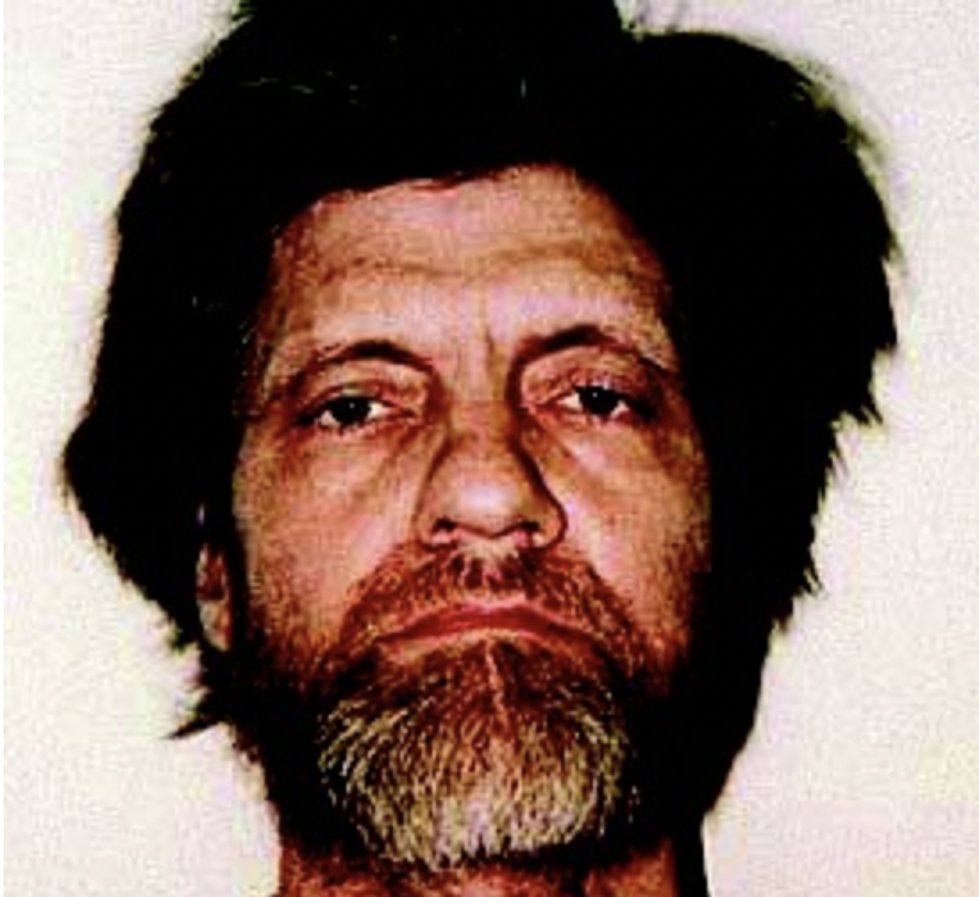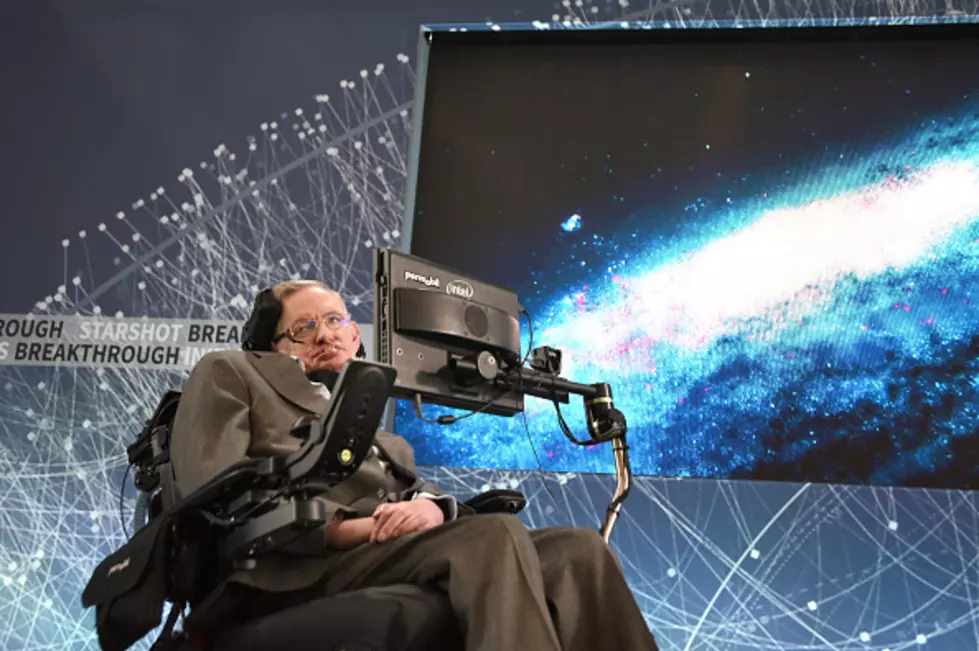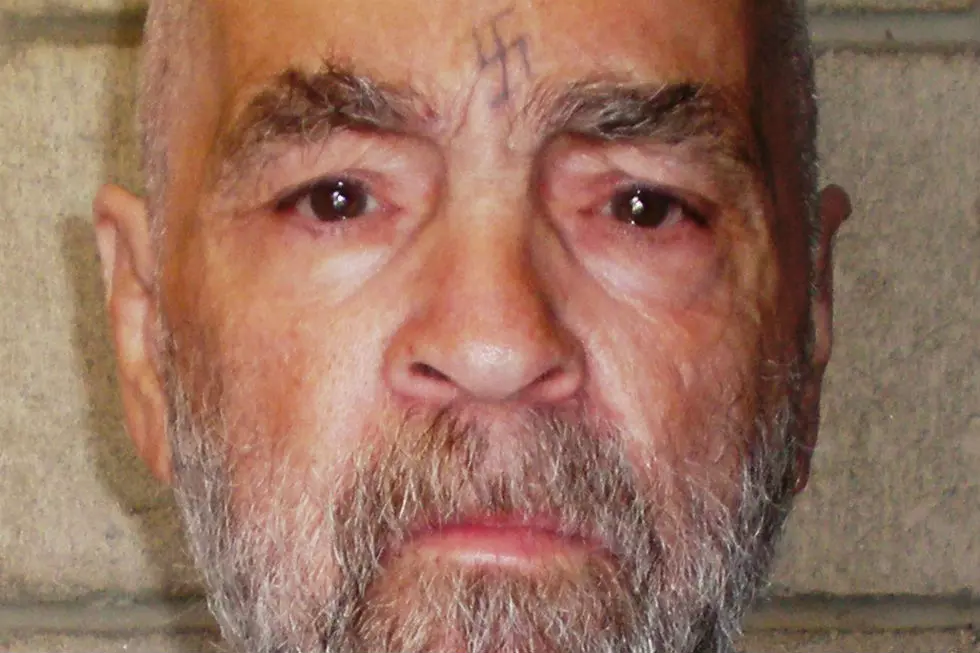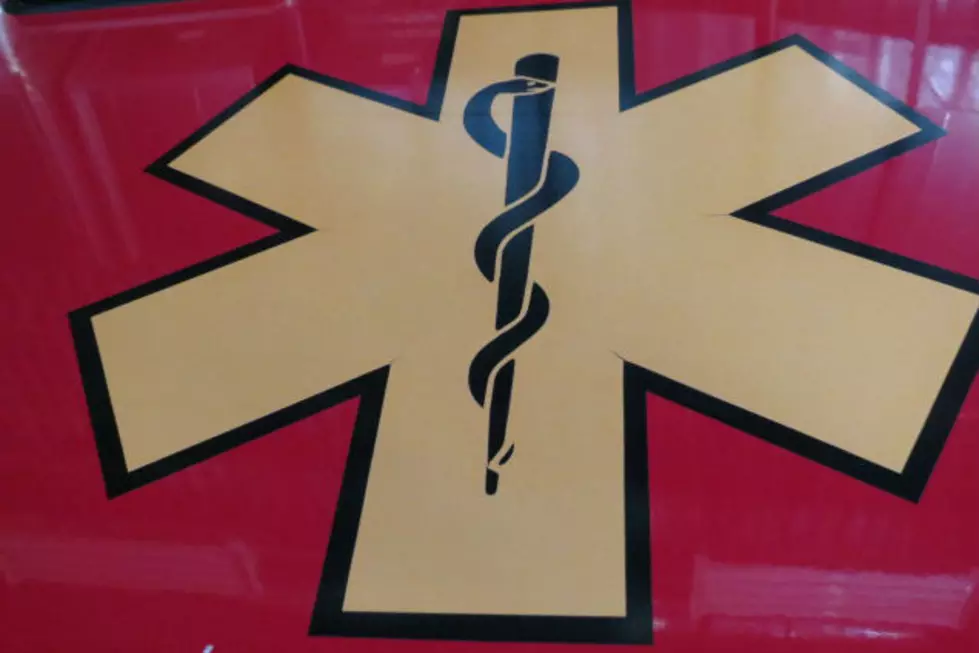Mother Of Fallen Player Wants Defibs At Michigan Schools
Tiny Fennville, Mich., is getting ready to host a basketball game for the first time since 16-year-old Wes Leonard made a game-winning shot then collapsed seconds later.
Leonard was rushed to a hospital where he died that night.
His 14-year-old brother, Mitchell, will be a freshman guard on the same court Tuesday night and his mother, Jocelyn, will be in the stands.
His grief-stricken father, Gary, doesn't plan to be there.
"It's still tough," Joceyln Leonard said softly in a telephone interview with The Associated Press.
After lifting his beloved Blackhawks to a 20-0 record last March 3, Wes Leonard was rushed to a nearby hospital where he was pronounced dead. His death drew national attention and stunned many in Fennville, a town of 1,400 not far from Lake Michigan some 200 miles west of Detroit.
A medical examiner determined Leonard had sudden cardiac arrest due to an enlarged heart. Two autopsies — one done locally, another at Harvard — concluded he would've been given a second chance had someone recognized what was happening and had an automated external defibrillator available.
"For sure, an AED would've saved his life," Joceyln Leonard said. "We all know his heart was damaged, but he could've lived with that heart a little longer while we figured out what to do with it."
Last Friday, one day before the nine-month anniversary of Leonard's death, the family had the basketball team over for dinner in the same house where his former teammates slept overnight in March, hoping to provide some support to the grief-stricken family.
"It was pretty amazing for them to do that," Fennville coach Ryan Klingler said. "It shows how special the Leonards are."
Mitchell Leonard, who was 13 when his older brother died, was given a clean bill of health from a cardiologist last spring. Now, he's trying to live his own life on and off the court without a brother who would've been his teammate this season.
"Mitchell is really talented, but different than Wes," Klingler said. "He's about 6-feet tall and plays shooting guard. Wes was 6-2 and played in the post as a freshman."
Klingler grew close to Wes Leonard, whose infectious personality and athletic skills made him popular, and he has tried to avoid preparing for a night that no one saw coming a year ago.
"It's going to be an emotional night for all of us," Klingler said. "I've tried not to think about it that much because all of us wish Wes was still here."
The Wes Leonard Heart Team was created with the mission of having defibrillators placed at every school in the state and training people to use them to prevent similar tragedies. A bill that would require public schools to have defibrillators or AEDs present and "readily accessible" was introduced in the state Senate in November.
When students are present, schools would be required to have someone trained to use the device — and also trained in CPR — on hand.
Jocelyn Leonard will be among the people pushing for the bill to pass later this month. Its sponsor, Republican Sen. Rick Jones of Grand Ledge, said the bill could face opposition amid funding concerns
"These defibrillators have saved many people," Jones said. "It's good common sense to have one in every school and hopefully at every major sporting event where they don't have an ambulance or medical crew standing right there."
Randy Gillary has been fighting for the same cause since his daughter died in suburban Detroit during a water polo game in 2000. The Kimberly Anne Gillary Foundation was started in her memory to do exactly what the Leonards are now trying to accomplish. He said state law requires funding to be provided for any law ordering school districts to provide AEDs.
"But it may not be as big of a problem because we believe at least 85 percent of high schools already have an AED," Gillary said Monday. "It's a shame that the Leonards had to go through what they did to shed light on a problem that needs to get addressed."
More From K2 Radio









